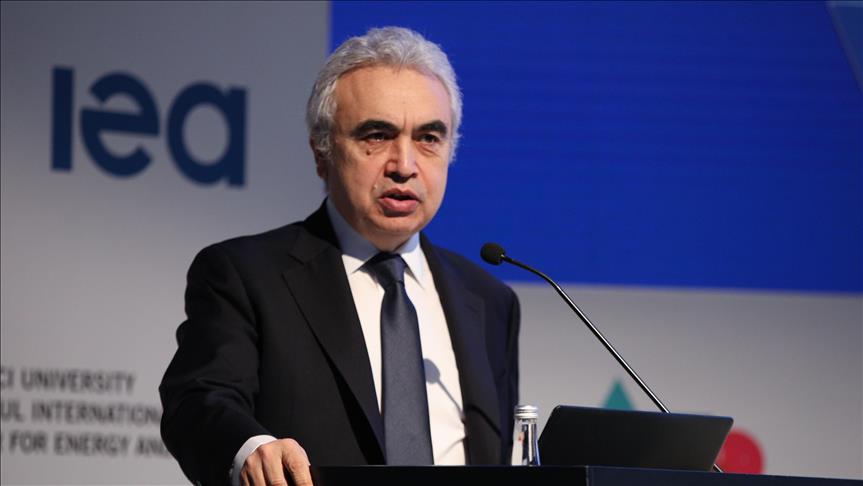As a result of surging oil prices following the Russia-Ukraine crisis, global energy markets are now facing what could turn out to be the biggest supply crisis in decades, said the International Energy Agency (IEA) on Monday.
While it is still too early to know the extent to which such events might unfold, the autonomous Paris based organization said the crisis may result in lasting changes to energy markets.
It said these matters will therefore be top of mind for the energy and climate ministers from around the world who will meet in Paris on Wednesday and Thursday at the organization’s 2022 Ministerial Meeting. Chaired by US Energy Secretary Jennifer M. Granholm, the IEA Ministerial Meeting will address today’s urgent energy security challenges and how accelerating the clean energy transition should be a key part of the solution.
The IEA said many sessions and side events of the Ministerial will be livestreamed on its website and social media channels.
With respect to the effects of Russia’s invasion of Ukraine on energy markets, the IEA’s latest Oil Market Report critically examines the potential impacts on oil supply and demand worldwide.
The report revises down the forecast for world oil demand this year by almost 1 million barrels a day because surging commodity prices and international sanctions are likely to depress global economic growth. At the same time, the IEA said world markets could be denied 2.5 million barrels a day of Russian oil starting in April as sanctions take hold and buyers shun Russian supplies. A further 500,000 barrels of oil a day of domestic production may also be shut in, according to the organization’s estimates.
It further stated that the move by IEA Member Countries for an initial release of almost 63 million barrels from their emergency stocks will provide a welcome buffer for markets, while adding that those countries stand ready to release more oil from strategic reserves if needed.
It should be noted that only Saudi Arabia and the United Arab Emirates have the spare capacity to offset the potential supply shortfall markets are facing. But for the moment, the two major Middle East producers are sticking to the modest production increases agreed with other OPEC+ members. Meanwhile, the amount of oil the industry has set aside in storage, which can be used to help balance markets, has been drawn down to its lowest level in years in many regions.
In the face of these threats to energy security, the IEA early on proposed a series of practical actions that can significantly cut global oil demand within four months, which could ease market strains and avoid more harmful price spikes for consumers.
If fully carried out in advanced economies, the measures recommended by its new 10-Point Plan to Cut Oil Use would lower oil demand by 2.7 million barrels a day – equivalent to the oil demand of all the cars in China. This would significantly reduce potential strains and price spikes at a time when a large amount of Russian supplies may no longer reach the market and the peak demand season of July and August is approaching. The measures would have an even greater effect if adopted in part or in full in emerging economies as well.
Additionally, the 10-Point Plan focuses on transport, since that is where the majority of oil demand comes from. It draws on concrete measures that have already been put to use in a diverse range of countries and cities, including lower speed limits, working from home, occasional limits on car access to city centres, cheaper public transport, more carpooling and other initiatives – and greater use of high-speed rail and virtual meetings instead of air travel.



